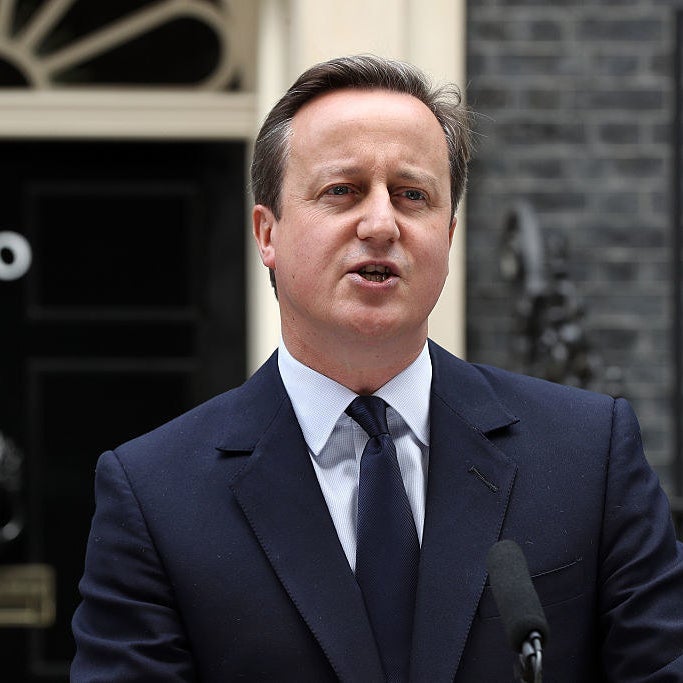
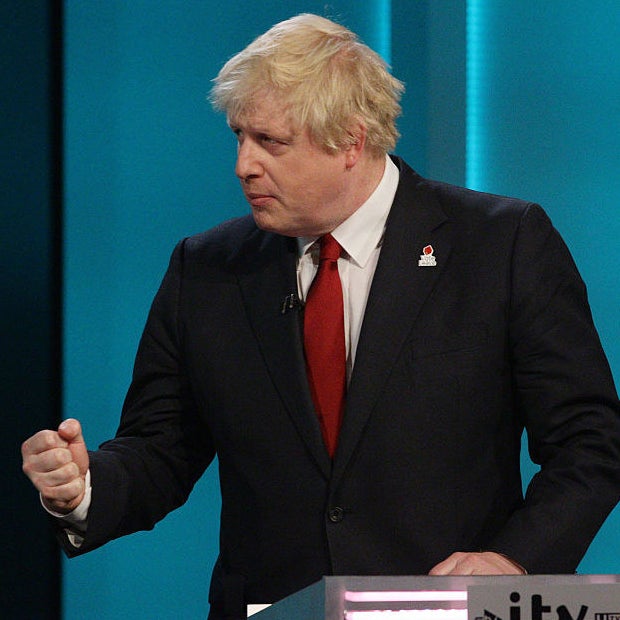
The EU referendum has become one of the most bitterly fought political battles in living memory.
The clashes have not just been political, though: Family members, close friends, and co-workers have turned against each other as the campaigns have intensified.
BuzzFeed News spoke to relationship counsellors to ask: Whatever the result of Thursday's vote, how can people heal relationships torn asunder by the Brexit debate?
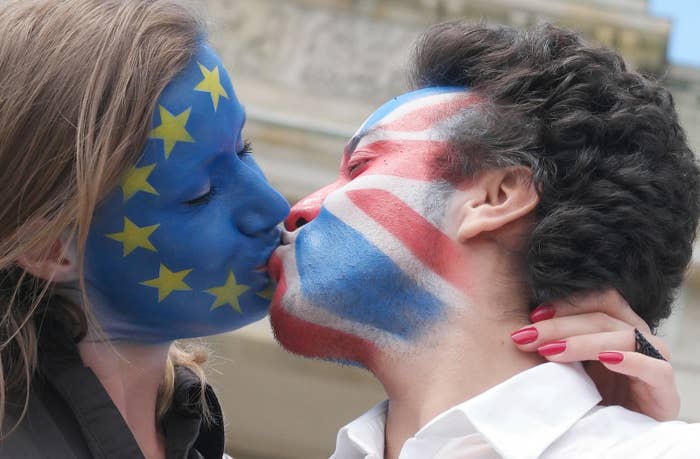
Arabella Russell, relationship counsellor, Relate
"Once the result is out it's really important, if you're going to heal a relationship, to be able to talk about what happened and how you both ended up feeling, rather than accusing one another of 'making me feel like this'.
"If you don't and you just bury it, that seething resentment, whether it's in the workplace or a relationship, or between generations, isn't going to stop.
"There might be an element of apology on both sides. As we've got closer to the referendum and there's been more pressure building up, it's all got very personal – it hasn't just been about politics. The first thing is admit your own mistakes. So, 'Maybe I should have dealt with this differently', or 'Maybe it shouldn't have got personal.'
"What there mustn't be, and this is absolutely crucial, is any element of 'Well, I've won, that's great, I was right.' If you take that attitude it's only going to be more damaging. This isn't a decision you've taken – it's the country's decision.
"Of course the vote matters, but what matters more is your relationship with that person.
“What’s really crucial is that accepting you have different views to someone is really hard. We want people to hold our view, not just because we want to be right, but because we feel quite uncomfortable if we don’t. We feel we can’t be compatible.
“But you can have differences of opinion, it can be dealt with. You can acknowledge it and accept it and agree to differ. Sometimes that’s really important.
“Personal insults are hard to come back from, though it’s not impossible, and David Cameron’s got to sit down with his colleagues after Friday just like we’ve got to sit down with our families … and the levels of reparations are going to be quite profound.
“They need to not be afraid of difference, not afraid of disagreeing, not always want to always bring someone over to your point of view, whether that’s on how to load the dishwasher or whether we should leave the EU.
“The worldview thing can be a problem for couples, especially over time – but on the other hand isn’t it great that you can have this opportunity to talk about stuff and learn from each other? If we were all carbon copies of each other, how boring would that be?"
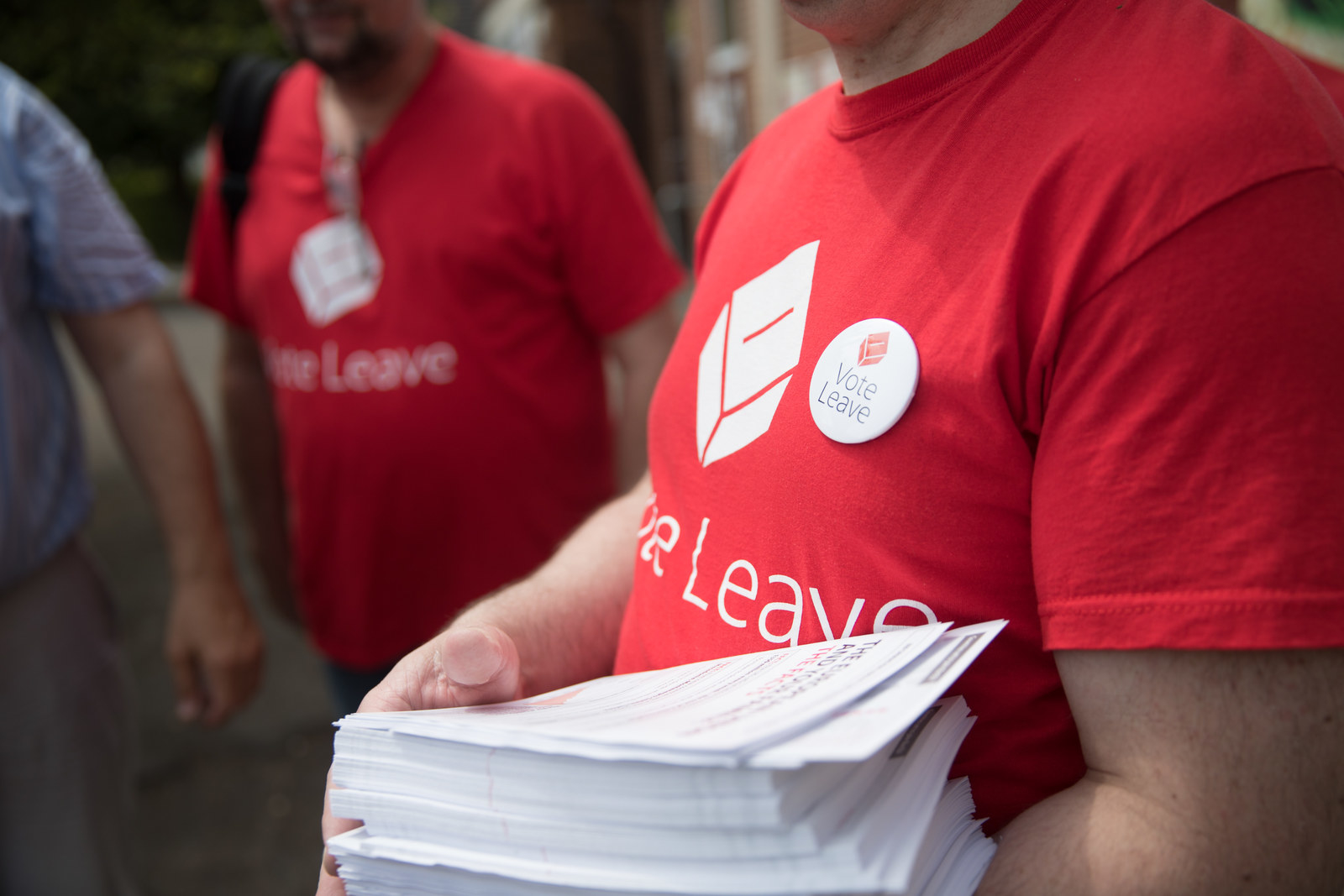
Dan Kolubinski, counsellor and director, Reconnect UK
"Part of the problem is that people think they’re right and everyone else is wrong. But if there was a clear right answer we wouldn’t be having this debate and it wouldn’t be split down the middle.
“The line I tend to use is, ‘You can be right and can be happy but you can’t always be both.’
“What we’re going to have to do is take a stance on what’s more important: our stance or our relationship.
“Both sides are going to have work to do. Anything where you’re not able to compromise, where there’s a binary situation, for the person who doesn’t get their way there’s a sense of having to accept and be able to move on. You don’t have to like that you’re not getting what you want but you have to tolerate it. It’s about feeling comfortable with feeling uncomfortable.
“But for the other side, the person who does get their way, the worst possible thing they can do is be smug about it. This is maybe a question, whether the relationship with that partner is more important than Britain’s relationship with Europe.
“This [EU] debate is not so much about logic, it’s about emotion. This goes beyond party politics – we’re used to people supporting Labour or Tory and we agree to disagree and move on. But this means more.
“What David Cameron could do to heal rifts on Monday, however the vote goes, is by acknowledging the fact that it’s not as if the other side is crazy. My advice to him is have a sense of diplomacy, which is about highlighting there are differences but that the relationship is more important. ‘You’re not crazy, you’re an idealist, I don’t have to agree with it,’ for example."
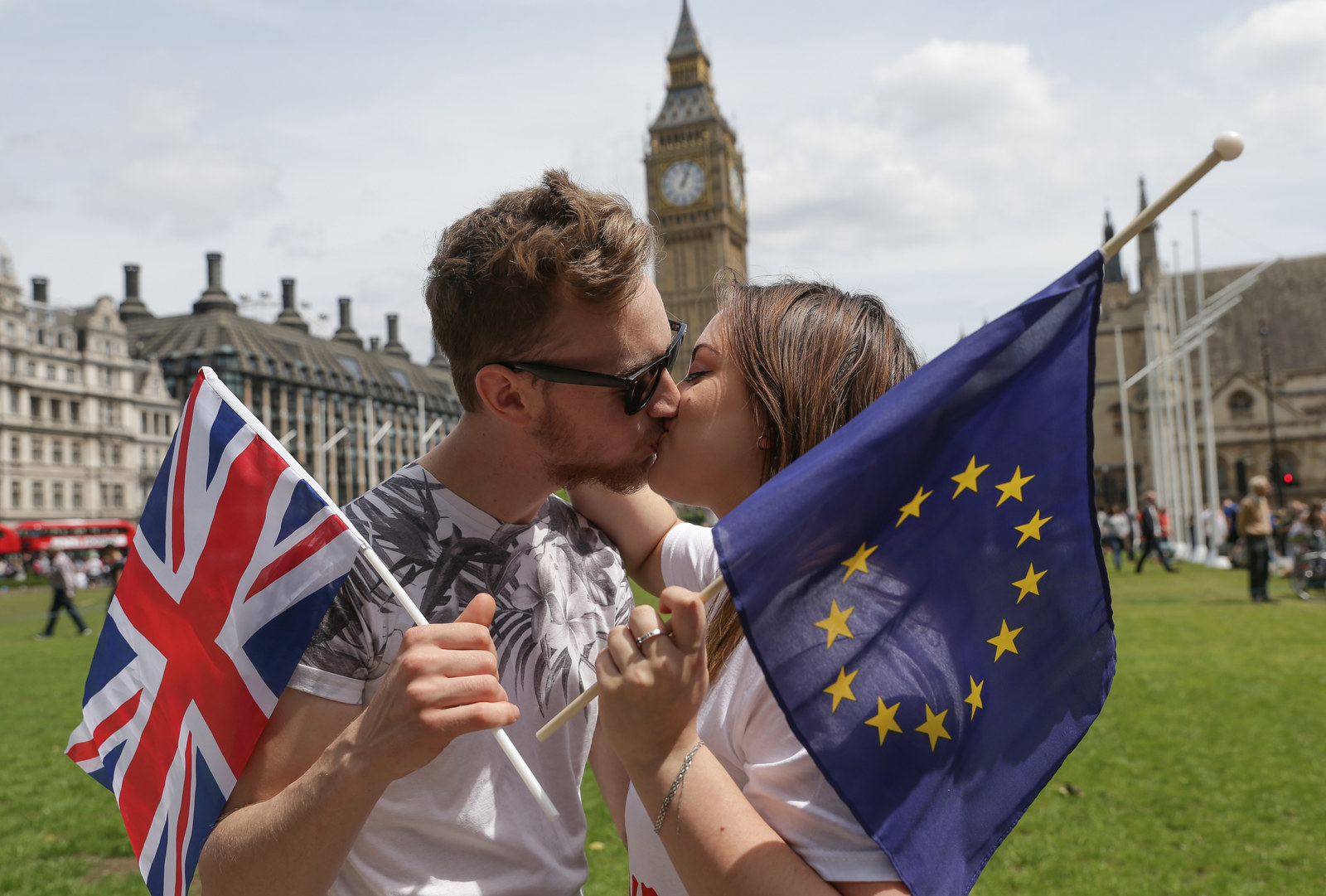
Dawn Kaffel, counsellor at Coupleworks
"In terms of what couples can do to heal relationships after the vote, it’s really about asking what the conflict’s really about.
"Is it about the EU or is it something deeper? Is it about how we communicate with each other? Perhaps we’re not very good at listening or making time for each other?
"When you’re hearing arguments from all over the place, especially in the last week, it’s really given couples an amazing opportunity to vent and throw everything at each other.
"You need to say, ‘This has taken us a long, long way away from where we’d want to be.' Never mind the political parties – you need to say, ‘We as a couple need to establish a safe, secure connection between us.’
“It might be about spending more time with each other, coming home from work early or going out together. You’ve got to say, ‘We’ve become so consumed with the referendum we’ve neglected ourselves.’ It doesn’t mean going for an expensive night out, it’s just about going for a walk together. It’s about giving out the message: ‘I want that closeness back.’
“As for the politics of it, there has been backstabbing and horrible things have been said which often can’t be unsaid. But it’s about how badly they want a working relationship. Cameron is going to go sooner or later and Boris has the chance to step up if it goes his way – so there might not be much need for them to make up.
“Backbenchers in the Conservative party may want a divorce [in the event of a Remain vote] and it’s the same with couples – they can come to therapy wanting to work through things and understand what’s gone so badly wrong, with the best will in the world.
“But therapy can also make them realise that actually they’ve reached the end of the road and the best course of action would be to split.”
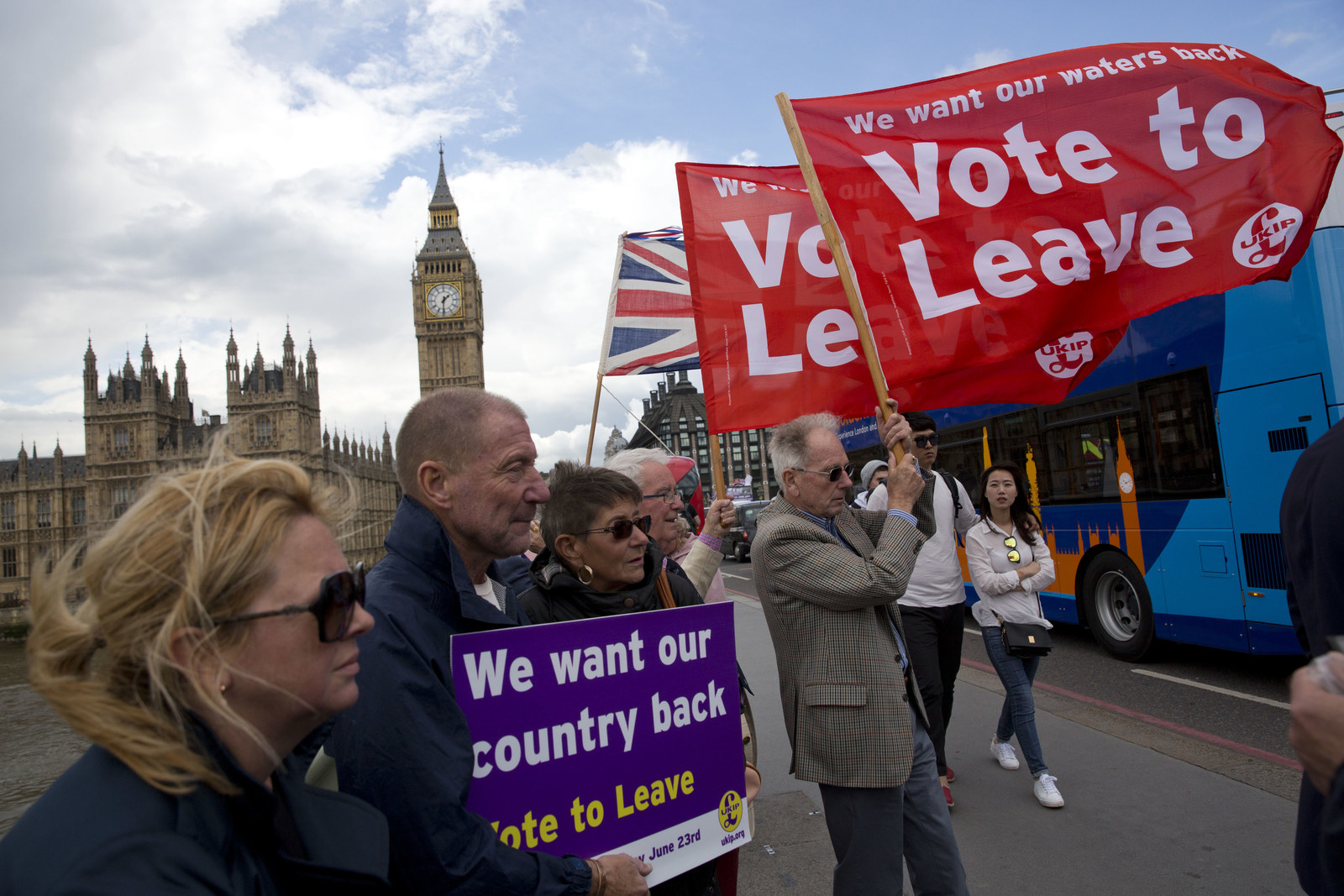
Michael Kallenbach, relationship therapist
“I know people who’ve fallen out over this. It has divided couples. It’s also divided close friends. I think we’ve all got to respect each other because this is a democratic process and we have to respect people’s choices.
"The difficulty here is that this isn’t a general election and it isn’t reversible, plus the debate has raised all these emotions, so it’s all been very divisive. It’s a great pity in a way that this has happened.
"Couples who have been divided have to think about how they can heal this rift and I’m hoping that after the vote people can be reasonable with each other.
"Cameron is going to have to heal divisions within his party but I don’t know if he’s going to be able to do that. Couples are going to have to do more than that because they live together – Cameron doesn’t live with Mr Gove or Mr Johnson. But Cameron is quite gracious and I imagine he will want to work with people.
"There’s also some anger in the pot and it’s a question of how that’s managed. It might not be something that’s healed overnight – there could be some work to do in the relationship that’s been damaged by this referendum."
